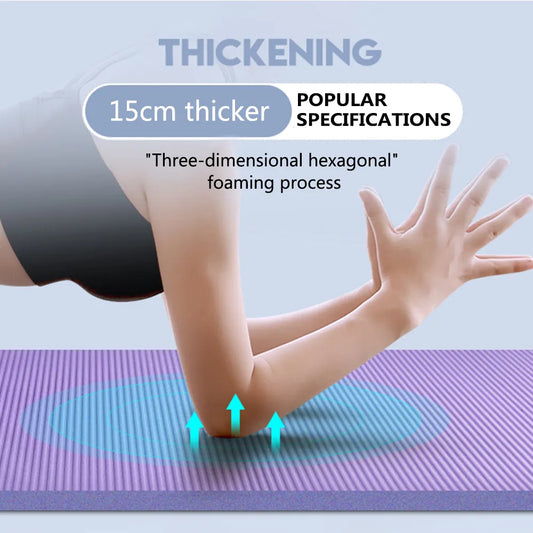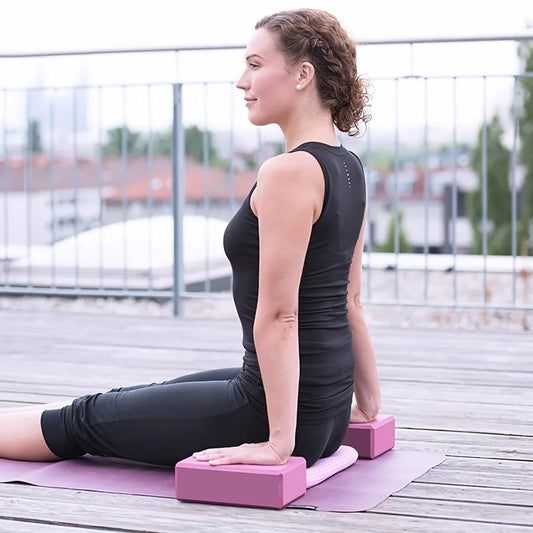Wellness Yoga is a holistic approach to yoga practice that emphasizes overall well-being and health, integrating physical, mental, emotional, and spiritual aspects of wellness. Here are some key components of wellness yoga:
-
Mindfulness and Presence: Wellness yoga encourages practitioners to cultivate mindfulness and present-moment awareness throughout their practice. By bringing attention to the breath, sensations, and thoughts, individuals can deepen their connection to the present moment and promote inner peace and relaxation.
-
Gentle Movement and Stretching: Wellness yoga often incorporates gentle, flowing movements and stretching exercises that help release tension, improve flexibility, and promote relaxation in the body. These movements are accessible to practitioners of all ages and fitness levels and can be adapted to individual needs and abilities.
-
Breath Awareness and Pranayama: Breath awareness and pranayama (breath control) techniques are integral components of wellness yoga. By learning to regulate and deepen the breath, practitioners can calm the nervous system, reduce stress, and enhance vitality and energy levels.
-
Restorative Poses and Relaxation: Wellness yoga may include restorative poses and relaxation techniques that help activate the body's relaxation response, promoting deep rest and rejuvenation. Restorative yoga poses are supported with props such as bolsters, blankets, and blocks, allowing practitioners to relax deeply into each posture and release tension stored in the body.
-
Mind-Body Connection: Wellness yoga emphasizes the connection between the body, mind, and spirit, recognizing the interplay between physical, mental, and emotional aspects of wellness. By fostering greater awareness and integration of these dimensions, individuals can experience greater harmony, balance, and wholeness in their lives.
-
Emotional Wellness Practices: Wellness yoga provides a supportive environment for exploring and processing emotions, cultivating self-awareness, and promoting emotional resilience and well-being. Through practices such as journaling, guided meditation, and self-inquiry, individuals can develop greater emotional intelligence and self-compassion.
-
Holistic Health and Self-care: Wellness yoga encourages a holistic approach to health and self-care, encompassing physical, mental, emotional, and spiritual dimensions of wellness. By prioritizing self-care practices such as nourishing nutrition, adequate rest, and meaningful connections with others, individuals can create a foundation for optimal health and vitality.
-
Community and Support: Wellness yoga often fosters a sense of community and support among practitioners, providing opportunities for connection, collaboration, and mutual growth. Group classes, workshops, and retreats offer spaces for sharing experiences, insights, and inspiration on the path to wellness.
In essence, wellness yoga is a multifaceted approach to yoga practice that honors the innate wisdom of the body and promotes holistic health and well-being on all levels. By integrating mindfulness, movement, breathwork, and self-care practices into daily life, individuals can experience greater vitality, resilience, and joy, cultivating a deeper sense of connection to themselves and the world around them.




















